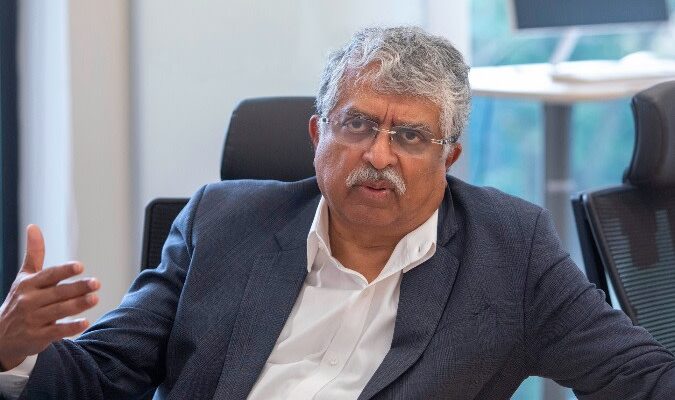Unlock the White House Watch newsletter for free
Your guide to what Trump’s second term means for Washington, business and the world
India is on track to seal an interim trade agreement with the US as soon as this week to avert Donald Trump’s “liberation day” tariffs, according to two people briefed on the talks.
The interim deal, which would be among the first with a major US trading partner, would be an initial step towards a comprehensive bilateral accord between Washington and New Delhi. The two countries have said that they would seek to finalise the first tranche of the full agreement by autumn.
India faces tariffs of as much as 26 per cent, among the highest against a major economy, under the levies that Trump unveiled on April 2. The US president has set a deadline of July 9 for new trade agreements to avert the levies.
Rajesh Agarwal, who heads the Indian delegation, was in Washington on Monday to try to iron out the final details of the deal. S Jaishankar, India’s foreign minister, is expected to hold one-on-one talks with his US counterpart Marco Rubio on Tuesday or Wednesday on the sidelines of a meeting in Washington.
According to the people briefed on the talks, the deal is expected to spare India’s big and politically influential agricultural markets, including wheat and dairy, from US tariffs, though they noted that the talks were still under way.
A senior Indian government official, who asked not to be named, said there was “a lot of sensitivity” over its agriculture markets.
India Business Briefing
The Indian professional’s must-read on business and policy in the world’s fastest-growing big economy. Sign up for the newsletter here
India has also agreed to import more natural gas from the US to bring down its trade surplus, which stood at $41.2bn for the 2024-2025 financial year, according to the people close to the Indian government.
The two sides have agreed on tariff reductions on one or both sides on thousands of items.
The countries had committed to more than double their bilateral trade to $500bn by 2030 during Indian Prime Minister Narendra Modi’s visit to Washington in February. Trump on Thursday promised a “very big” trade deal that would “open up India”. The following day, he said that his administration was “looking to get a full barrier dropping, which is unthinkable”.
Agriculture and dairy products remain sensitive.
India has managed to shield its dairy sector from foreign competition in other trade talks, including negotiations with the EU. The sector employs more than 80mn people, according to India’s government, many of whom are smallholders.
There are concerns in India that foreign dairy products may come from cows that were raised on feed containing cattle products, making them off-limits to devout Hindus.
Another person with direct knowledge of the talks said that India had agreed to import US farm goods such as nuts and fruits, despite pressure from US industry lobbies for market access.
On Monday, White House press secretary Karoline Leavitt said US officials were “finalising” trade agreements. “You’ll hear from the President and his team, his trade team, very soon, when it comes to India,” she said.
Modi’s government has embraced a more energetic trade agenda this year, concluding a long-awaited agreement with the UK in May and announcing plans to reach a pact with the EU by the end of 2025.
New Delhi and Washington have forged closer defence, technology, and diplomatic ties in recent years in a shared front against China, and Trump has pushed India to purchase more US weapons in order to ease its trade deficit.
However, Modi’s government openly objected last month after Trump claimed credit for ending a brief but bloody conflict with Pakistan and offered to mediate over the disputed territory of Kashmir.


